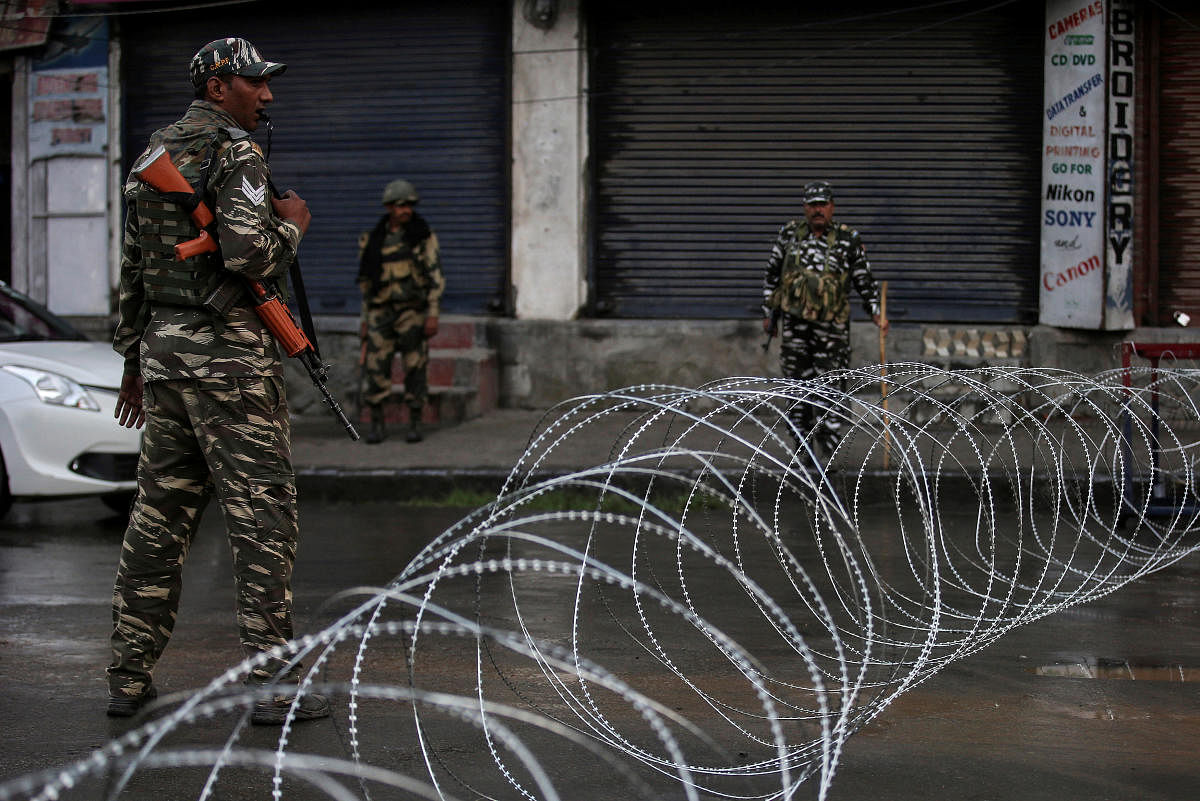
With parliament approving the scrapping of the constitutional provision providing special status for Jammu & Kashmir and the reorganisation of the state into two Union territories, the government should get down to the task of bringing normalcy to the state. Jammu and Ladakh have welcomed the decisions, but the response in the Kashmir Valley is bound to be sour and hostile. The depth and extent of the sentiment is not even known now because the Valley is under a lockdown, and important leaders are under house arrest. Normalcy has a different nature and ring in Kashmir, which is used to restrictive orders and security curbs. But the continuing clampdown in the Valley is excessive, with curfews, a complete shutdown of communications, deployment of more troops and many preventive arrests.
These restrictions, which have caused huge inconvenience to the people and disruption of their lives, need to be eased and people allowed to get back to their normal lives. Both human and political issues are involved in the situation. It is most likely that there will be an outpouring of popular anger, protests and demonstrations when the curbs are relaxed. But the longer the curbs continue, the greater will be the resentment. The government should desist from the temptation to reach for the gun in the face of the first protests. The security forces have handled protests and demonstrations in Kashmir in the most strong-armed and insensitive ways in the past. That helped only to create more disaffection and alienation, boosting militancy and support for it among the people. The manner in which the government changed the status of the state would have only exacerbated the sentiments. The most important challenge for the government is to address this.
This challenge is political and the government should get down to that task for which it has not cared much in the past four years. It involves reaching out to the people at many levels. This may cause difficulties to the government, which has dismissed the entire political leadership in the Valley as unrepresentative and unworthy. It had already ruled out any talks with separatists. But in the mood of self-congratulation in the light of the support its decisions have received outside Kashmir, the government should not forget that its main task remains be done inside the Valley. It has repudiated the old order and sought to create a new compact with the people. But it has not solved the problem in Kashmir, and has to start working for that on a new template. It can make a beginning by relaxing the curbs, releasing the arrested leaders and listening and responding with empathy and understanding to the many voices in the Valley.